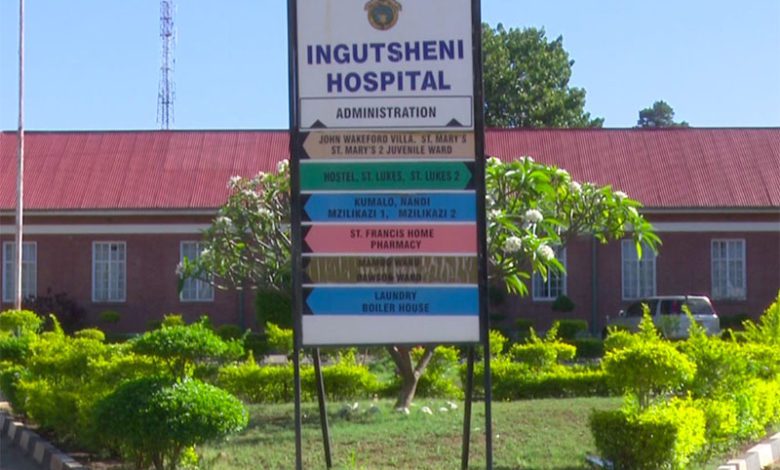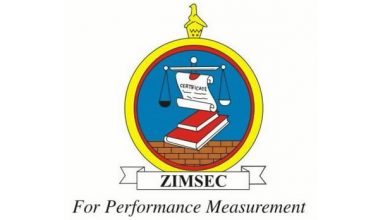Ingutsheni dismisses reports of pellagra outbreak

Ingutsheni Central Hospital in Bulawayo has refuted reports that patients at the mental health institution are suffering from pellagra due to a poor diet.
Pellagra is a nutritional disease caused by a lack of vitamin niacin (vitamin B3) due to the poor diet provided to patients.
Pellagra symptoms typically include inflamed skin, diarrhoea, dementia, and mouth sores.
Sources at the hospital had informed CITE that there was an outbreak of the disease as patients were surviving on Isitshwala/sadza and cabbage.
In an interview with CITE, Dr Wellington Ranga, Clinical Director of Ingutsheni Hospital, refuted those claims, saying that while the institution needed more resources to fully function, patients were eating nearly four meals a day.
“I think for now, (the economic situation) it’s just difficult. Well, patients are not starving but I think we would have wanted more. But of course, patients are eating, which is the main thing,” he said.
Dr Ranga claimed despite the hospital’s belief that its diet was failing, some patients who were discharged ‘actually’ requested to return.
“So, I’m not too sure where we stand, maybe by our own judgment we need a bit more, but by the patients’ own judgment it looks like there’s some who are actually happy with what is there,” he said.
“For now, they are having three meals a day, probably four. Usually, they have porridge in the morning, then have tea somewhere around 10am, tea with bread. When there’s no bread on the day then they just have tea. For lunch and supper, it is isitshwala. For relish, they have varied things, -vegetables and beans. I think they get chicken once or twice a week. As for cooking oil, I’ve seen it.”
The clinical director stated that the institution receives offal donations once a week from a company called Grills.
“There are people who support. For example, we get bread from Proton. Then Grills donates one meal per week. So, it’s not us alone,” he explained.
Dr Ranga said he had not seen any reports on pellagra.
“The truth as I have said is we would want more but to say there’s pellagra, no! You see with pellagra, even if you eat one chicken meal per week, you will not get pellagra. So I’m not sure how they put it across,” he said.
“If we say there’s no meat, we would be looking down upon what companies like Grills are doing or looking down at what proton is doing. That becomes unfair.”
In order to be certain, Dr Ranga stated he would need to double-check for any pellagra cases. “For you to get pellagra you need to have gone for several months without food. But I’m just trying to think, the moment you have even just one meal of offals and one meal of beans in a week, to get pellagra that’s very unlikely,” he said.
“Unless if there’s something else going on, let’s not rule that out. Maybe there are other things which would not have been foreseen.”
He did, however, acknowledge that Ingutsheni does desire adequate food supplies.
“We want more resources. Definitely, we want more money and more food. We wouldn’t mind having a meal with meat for lunch and supper every day. So that’s what we would want, Dr Ranga said.
The clinical director noted that inflation had an impact on the government’s budgetary support to Ingutsheni.
“The budget is done at the beginning of the year and the assumption was it is enough. But I’m sure you’ve seen what has happened now. If you had budgeted for bread for the whole year, there’s no way it will be enough for now. Look at how much a loaf of bread cost in January,” he said.
“I think on paper, the government allocation is enough on the first month it is approved in January, but inflation affects it. If you. The budget is in ZWL so when it is approved and distributed throughout the year, as long as there’s inflation, it will not be enough.”
Meanwhile, Dr Ranga said Ingutsheni relies on its garden for vegetables.
“The garden is still functional. That’s where we get vegetables, especially the so-called cabbage. For water, a developmental partner came in and installed some tanks. They installed the biggest Jojo tank,” he said.






